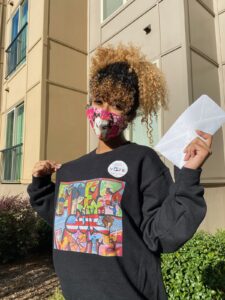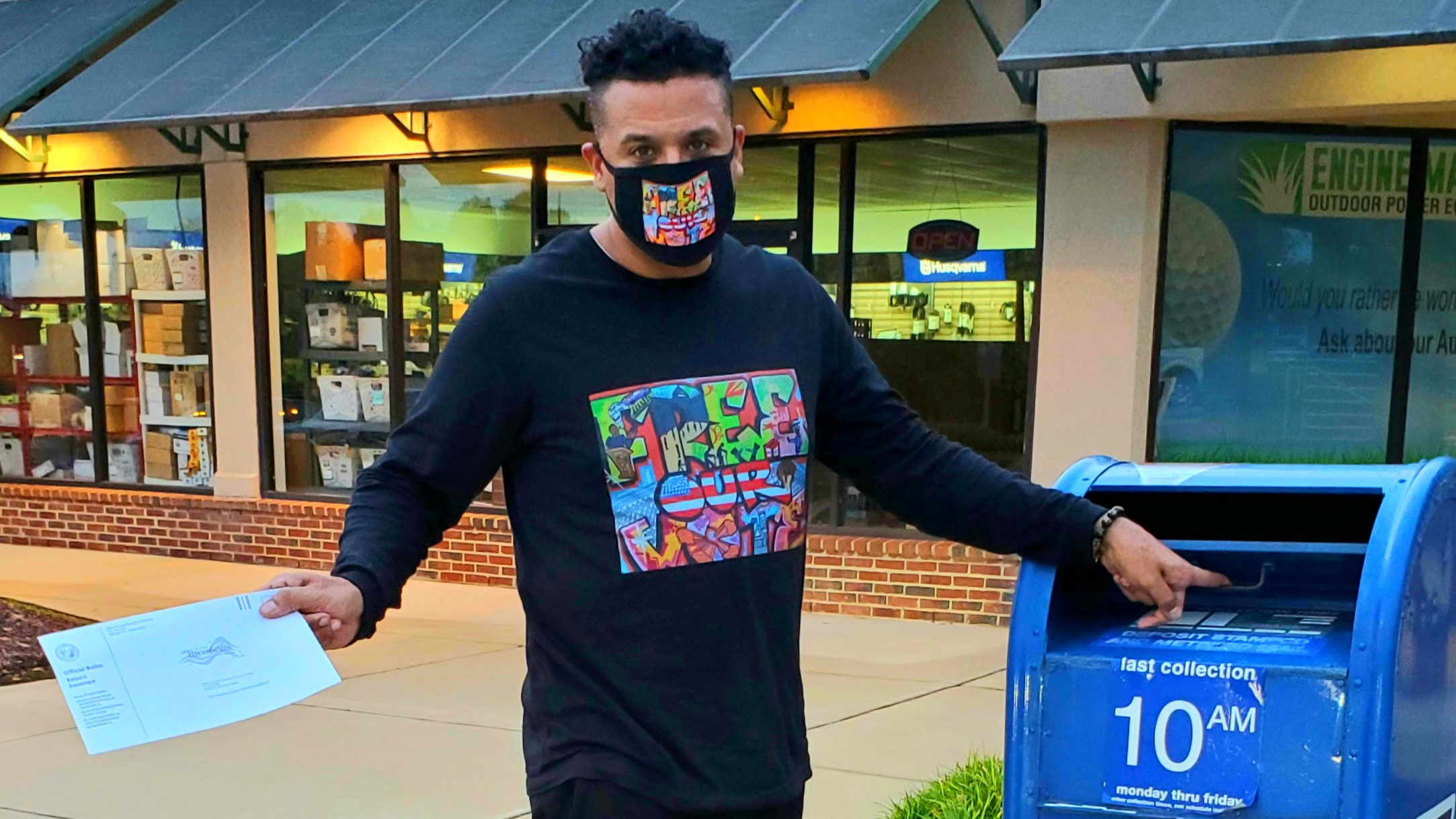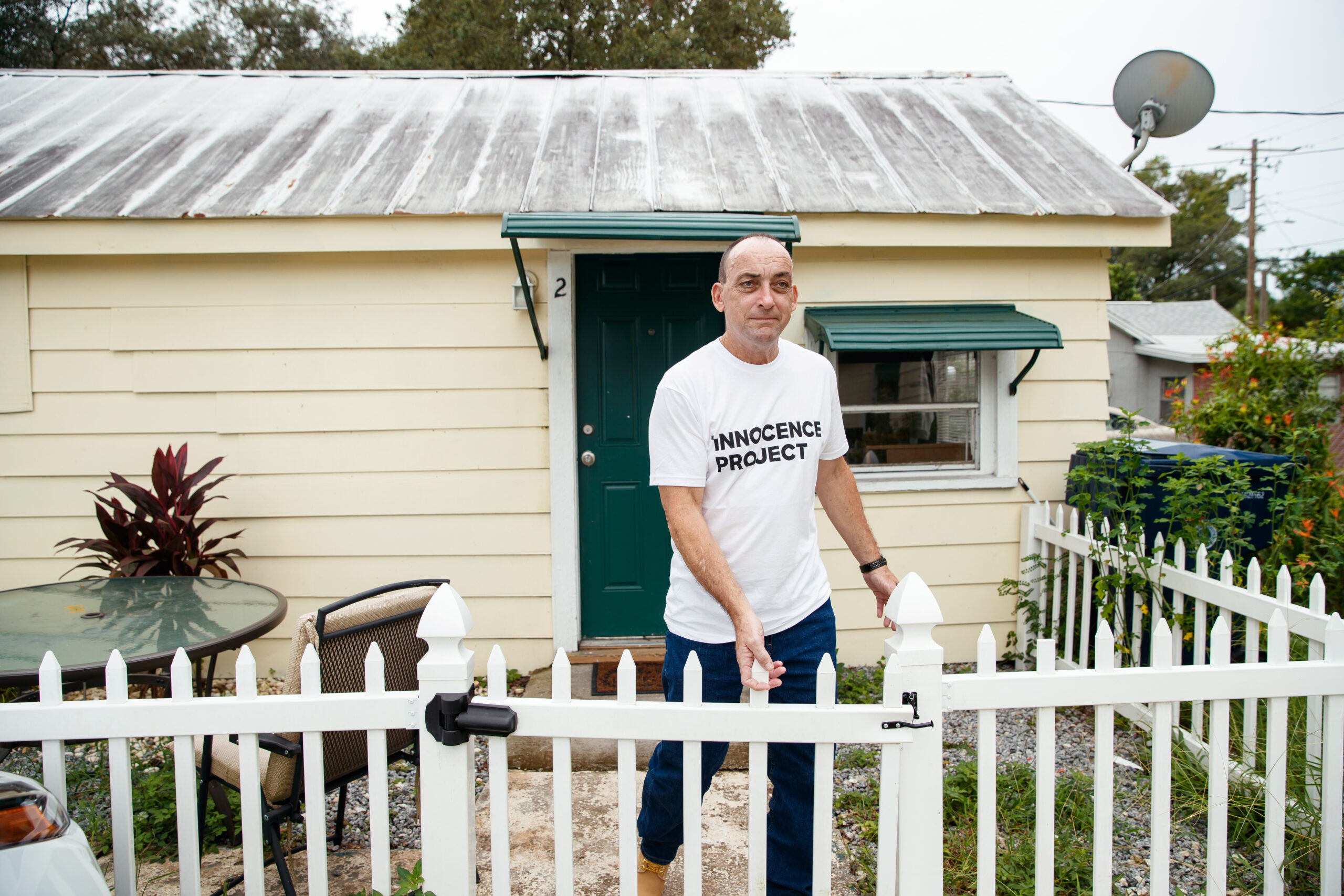Voting Is a ‘Family Affair’ for This Exoneree
Wrongfully convicted and unable to vote for 18 years, Fernando Bermudez wants his kids to know their vote matters.
11.02.20 By Daniele Selby
“I recall clearly registering to vote at the post office in Washington Heights when I turned 18,” said Fernando Bermudez. “But in those first few years after that I didn’t end up voting.”
In 1991, when Mr. Bermudez was 21, he was wrongly arrested for murder in New York City and convicted the following year, largely based on eyewitness misidentification and official misconduct. He spent the next 18 years in prison before being exonerated.
“After I got out was the first time I voted. And now more than ever I realize the importance of voting and I’m committed to voting consistently to set an example for my children.”
This year, his daughter, Carissa Bermudez, is voting for the first time. The 18-year-old said she has been inspired by her father’s activism since his wrongful conviction and is urging others to get to the polls, too. Both father and daughter voted in North Carolina, Mr. Bermudez from home via mail-in ballot and Ms. Bermudez, at college.
“Since I was young, I’ve always been very interested in politics and what’s going on in the world because of the example my family set and my dad’s story,” Ms. Bermudez said. “I’ve noticed some people think their vote won’t matter, or they don’t care to vote because they don’t think the outcome will affect them — but I feel like we have a responsibility to make things better for everyone.”

Carissa Bermudez on her way to mail her ballot, wearing a sweatshirt with her father’s artwork. (Image: Courtesy of Carissa Bermudez)
Ms. Bermudez said most of her friends are already committed to voting in the election. North Carolina has seen a doubling of its early voting rate among youth, jumping from 6.7% in 2016 to 12.6% this year.
Mr. Bermudez was still wrongfully incarcerated when his daughter was born, and it wasn’t until she was 8 years old that he was freed and exonerated.
“I think about what happened to my dad — his wrongful incarceration — when I consider candidates. I think about justice for young people of color when I vote,” the first-year college student said.
Ms. Bermudez is studying political science. A concentration that did not surprise her parents who made sure they instilled the importance of civic participation in her from a young age.
“Carissa was such a quiet little kid that we were worried at first, but now she doesn’t stop talking and she’s always talking about civil rights and how to make the world a better place and she even teaches me things,” Mr. Bermudez said.
“We grow together and inform each other, we exchange information. And I learn all the time from my daughter, and it excites me that we’re building the next legion of informed voters and even future politicians,” he added.


Why did u lose hope?